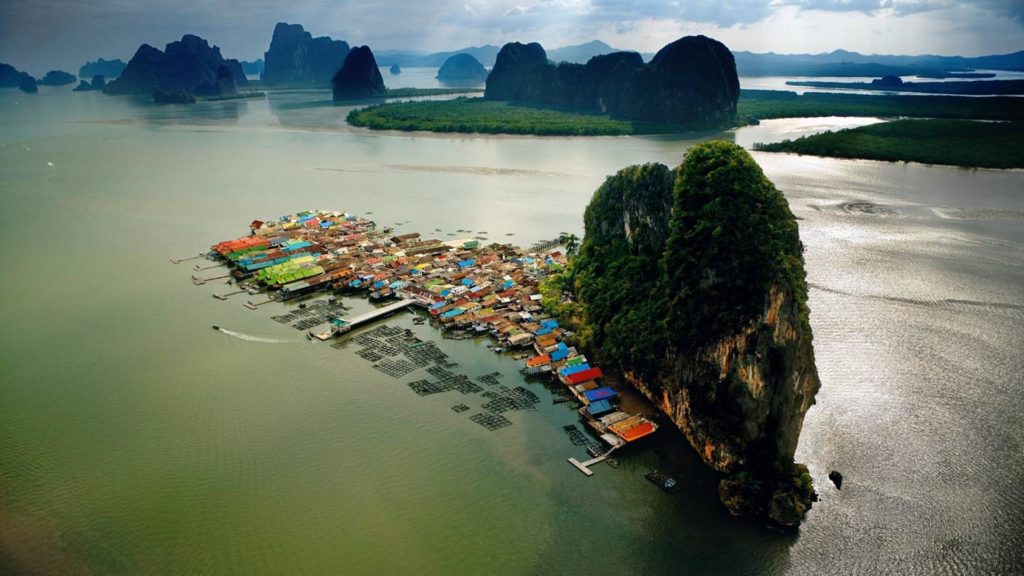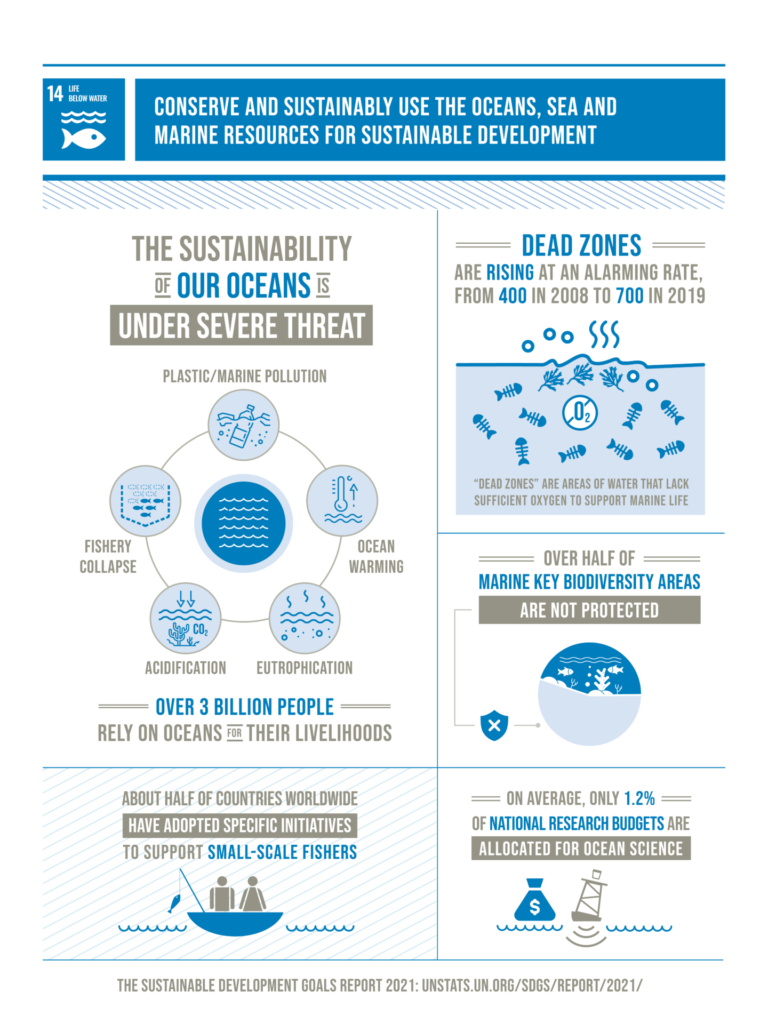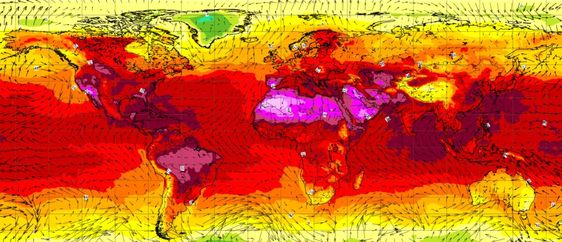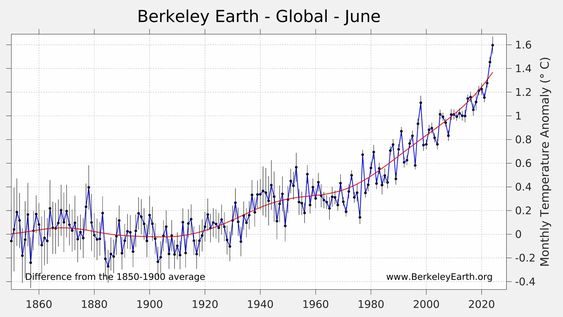
Book Chapter to contribute to the BETTER WORLD Vol 6 on SDG Goal 14. The chapter written by WorldFish analyses and summarizes the work done so far by WorldFish in relation to SDG 14 and its application in our work for a holistic approach to sustainable development.

United Nations Global Goals for Sustainable Development
Conserve and sustainably use the oceans, seas, and marine resources
The ocean drives global systems that make the Earth habitable for humankind. Our rainwater, drinking water, weather, climate, coastlines, much of our food, and even the oxygen in the air we breathe, are all ultimately provided and regulated by the sea.
Careful management of this essential global resource is a key feature of a sustainable future. However, at the current time, there is a continuous deterioration of coastal waters owing to pollution, and ocean acidification is having an adversarial effect on the functioning of ecosystems and biodiversity. This is also negatively impacting small scale fisheries.
Saving our ocean must remain a priority. Marine biodiversity is critical to the health of people and our planet. Marine protected areas need to be effectively managed and well-resourced and regulations need to be put in place to reduce overfishing, marine pollution and ocean acidification.
COVID-19 response
Ocean conservation and action should not come to a halt while we tackle the COVID-19 pandemic. We need to look at long-term solutions for the health of our planet as a whole. Our lives depend on a healthy planet.
The health of the ocean is intimately tied to our health. According to UNESCO, the ocean can be an ally against COVID-19: Bacteria found in the depths of the ocean are used to carry out rapid testing to detect the presence of COVID-19. And the diversity of species found in the ocean offers great promise for pharmaceuticals.
The pandemic offers an opportunity to revive the ocean and start building a sustainable ocean economy. A report by the United Nations Economic and Social Commission for Asia and the Pacific suggests that the temporary shutdown of activities as well as reduced human mobility and resource demands due to the COVID-19 pandemic may provide marine environments the much-needed breathing space for them to start to recover.
The UN Ocean Conference, originally scheduled for June 2020, was postponed to a later date (to be determined) due to the COVID-19 pandemic.
Facts and Figures
- Oceans cover three quarters of the Earth’s surface, contain 97 per cent of the Earth’s water, and represent 99 per cent of the living space on the planet by volume.
Climate change
- Oceans absorb about 30 per cent of carbon dioxide produced by humans, buffering the impacts of global warming.
- Carbon emissions from human activities are causing ocean warming, acidification and oxygen loss.
- The ocean has also absorbed more than 90per cent of the excess heat in the climate system.
- Ocean heat is at record levels, causing widespread marine heatwaves.
Ocean and people
- Over three billion people depend on marine and coastal biodiversity for their livelihoods.
- Globally, the market value of marine and coastal resources and industries is estimated at $3 trillion per year or about 5 per cent of global GDP.
- Marine fisheries directly or indirectly employ over 200 million people.
- Coastal waters are deteriorating due to pollution and eutrophication. Without concerted efforts, coastal eutrophication is expected to increase in 20 percent of large marine ecosystems by 2050.
- Roughly 80per cent of marine and coastal pollution originates on land – including agricultural run-off, pesticides, plastics and untreated sewage.
- Around the world, one million plastic drinking bottles are purchased every minute, while up to 5 trillion single-use plastic bags are used worldwide every year
- Around 680 million people live in low-lying coastal zones – that is expected to increase to a billion by 2050.
- Sustainable and climate-resilient transport, including maritime transport, is key to sustainable development. Around 80 per cent of the volume of international trade in goods is carried by sea, and the percentage is even higher for most developing countries
Goal 14 Targets
14.1 By 2025, prevent and significantly reduce marine pollution of all kinds, in particular from land-based activities, including marine debris and nutrient pollution
14.2 By 2020, sustainably manage and protect marine and coastal ecosystems to avoid significant adverse impacts, including by strengthening their resilience, and take action for their restoration in order to achieve healthy and productive oceans
14.3 Minimize and address the impacts of ocean acidification, including through enhanced scientific cooperation at all levels
14.4 By 2020, effectively regulate harvesting and end overfishing, illegal, unreported and unregulated fishing and destructive fishing practices and implement science-based management plans, in order to restore fish stocks in the shortest time feasible, at least to levels that can produce maximum sustainable yield as determined by their biological characteristics
14.5 By 2020, conserve at least 10 per cent of coastal and marine areas, consistent with national and international law and based on the best available scientific information
14.6 By 2020, prohibit certain forms of fisheries subsidies which contribute to overcapacity and overfishing, eliminate subsidies that contribute to illegal, unreported and unregulated fishing and refrain from introducing new such subsidies, recognizing that appropriate and effective special and differential treatment for developing and least developed countries should be an integral part of the World Trade Organization fisheries subsidies negotiation
14.7 By 2030, increase the economic benefits to Small Island developing States and least developed countries from the sustainable use of marine resources, including through sustainable management of fisheries, aquaculture and tourism
14.A Increase scientific knowledge, develop research capacity and transfer marine technology, taking into account the Intergovernmental Oceanographic Commission Criteria and Guidelines on the Transfer of Marine Technology, in order to improve ocean health and to enhance the contribution of marine biodiversity to the development of developing countries, in particular small island developing States and least developed countries
14.B Provide access for small-scale artisanal fishers to marine resources and markets
14.C Enhance the conservation and sustainable use of oceans and their resources by implementing international law as reflected in UNCLOS, which provides the legal framework for the conservation and sustainable use of oceans and their resources, as recalled in paragraph 158 of The Future We Want
Links
Convention on Biological Diversity
UNESCO Intergovernmental Oceanographic Commission
UNDP Water and Ocean governance
UN Division for Ocean Affairs and Law of the Sea






8 Comments
Pingback: relaxing music
Pingback: how long does shrooms stay in your system
Pingback: Lsm99 เว็บบอล Auto
Pingback: LSM99 สมัครบาคาร่า
Pingback: บทความแทงบอล lsm99
Pingback: blote tieten
Pingback: Vivo Gaming
Pingback: อะไหล่อุตสาหกรรม